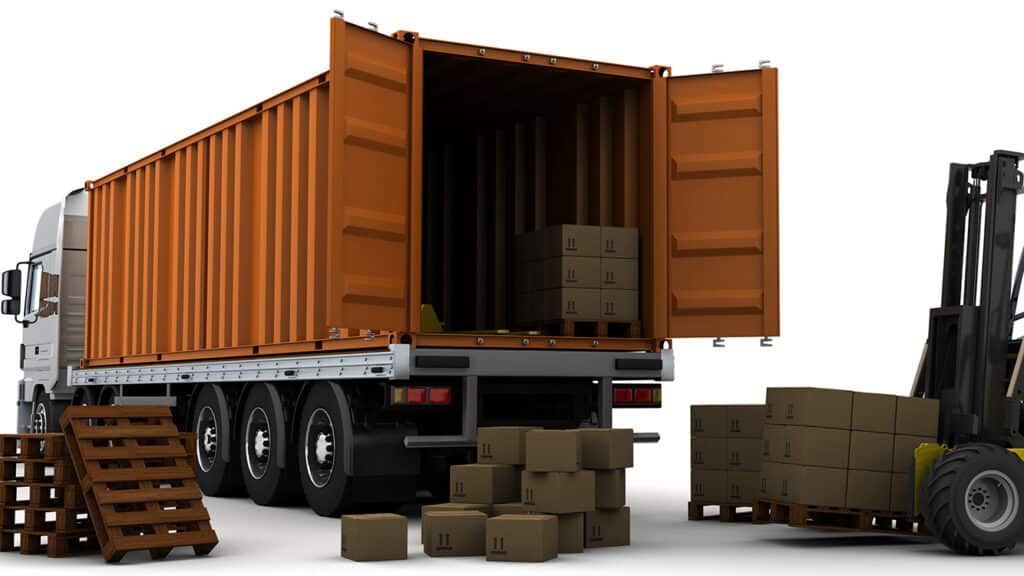Cargo Expedition: The Cornerstone of International Commerce
Cargo Expedition: The Cornerstone of International Commerce
Blog Article
Cargo is an important element of the global economy, facilitating the movement of goods and commodities across the globe. It covers the logistics, transportation, and shipping of various kinds of products, from raw materials to finished products. Be it by air, land or by sea, cargo voyages allow businesses access markets across the world and consumers to receive products across the globe. As industries grow and global trade grows, the significance for reliable and efficient shipping continues to increase. As technology advances and an rising demand for speed cargo transport is changing the way the goods are moved and are becoming a key element for modern-day trade.
The versatility of cargo expeditions can be found in their ability to carry a range of merchandise using various modes of transportation. Air freight is a speed that's unmatched, making it ideal for time-sensitive or high-value shipments such as pharmaceuticals and electronics. Ocean freight, on the contrary, is the most popular type of the bulk shipping industry, transporting massive quantity of items such as grains, oil machinery, and other commodities across continents. Transportation on land, like trains and trucks, is crucial for connecting ports as well as airports with their ultimate destinations. Combining these methods through the multimodal logistic system, cargo journeys are able to provide custom solutions that can balance costs, time and security. The flexibility of the business makes it vital for all businesses around the world.
Technology advancements have transformed the world of cargo and expeditions which has led to greater efficacy, transparency, and confidence. Tracking systems that are real-time provide companies with the capacity to track shipments, offering updates that help reduce the risk of delays and aid in planning. Blockchain technology is being used more and more to protect supply chain information which ensures transparency and reduces mistakes or fraud. Machine learning and artificial intelligence optimize logistics by predicting delay possibilities, as well as allowing smarter route planning to save energy and time. Automation of warehouses, like automated sorting equipment, enhances operational efficiency. These technological innovations not only simplify processes, but they also create trust between logistics providers as well as their customers, enhancing the security of the system.
Technology has played an integral contribution to the advancement of Cargo Expedition by significantly increasing efficiency and speed of shipments. The latest developments in tracking technology including GPS and RFID can allow for real-time monitoring of all goods being transported. This transparency is beneficial to both shippers and customers by providing accurate shipping updates, and insuring the quality and security of the shipment. Digital platforms have also streamlined the documentation and booking process which allows companies to control the shipping process more efficiently. Utilizing advanced software, businesses can automate customs clearance, optimize shipping routes, and track inventories, which ultimately reduces the chance of human error while improving the overall quality of service. Technology continues to improve as it does, automation artificial intelligence, robotics, and the use of data analytics for cargo journeys will enhance efficiency and speed of global logistics. To get extra details please Get the facts
Sustainability has also become an important aspect of cargo expeditions, as logistical companies are under greater demands to minimize their environmental impact. Transport, especially in the maritime and aviation sectors, contributes significantly to the global emissions of carbon. As a result increasing demand, many businesses are implementing greener practices, such as using eco-friendly fuels, optimizing routes to decrease fuel usage, and implementing energy-efficient technology. Additionally, some companies are exploring alternative methods of shipping cargo such as electric trucks or even solar powered vessels, in order to decrease the carbon footprint of their operations. The growing emphasis on the environment in cargo trips reflects a broader global trend toward environmental responsibility and the necessity to tackle the effects of climate change.
The need for cargo-expedition services is closely tied to the rapid growth of e-commerce which has fundamentally changed the manner in which merchandise is sold and purchased. The internet has brought about an online marketplace that allows goods are distributed to buyers on different continents. This has resulted in quicker and more reliable delivery systems. The major e-commerce firms, such as Amazon and Alibaba have transformed logistics by using advanced technology in their supply chains. This has allowed companies to provide near-instant delivery times. They have raised the bar for other businesses, forcing them to invest in efficient logistics solutions for cargo to remain efficient. While e-commerce grows and expand, the requirement for efficient and effective cargo services will become more important than ever, reshaping global logistics systems and driving the development of new solutions across the field.